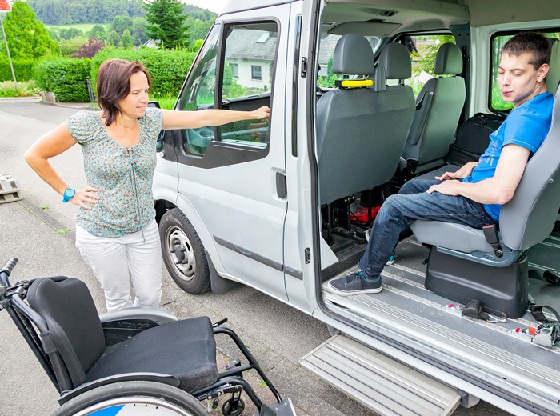Non-emergency medical transportation (NEMT) is crucial in healthcare, enabling patients to access medical services and appointments. As technology and innovation transform healthcare, NEMT services are also evolving through new technical capabilities. Here are some of the key technical innovations impacting NEMT today:
Ride-hailing and Scheduling Platforms
Apps and platforms like Uber Health and Lyft Healthcare are being used for NEMT services. These systems allow ride scheduling and dispatch to be handled digitally, improving coordination and providing transparency around driver ETAs. The integration of such platforms streamlines the ride process for patients and providers.
GPS Tracking and Telematics
NEMT vehicles are being outfitted with telematics devices to enable real-time tracking and trip monitoring. GPS tracking provides visibility on vehicle location, so dispatchers and patients can see pick-up and drop-off progress. This improves ETAs and accountability. Telematics also capture operational analytics, like driver behaviors and ride efficiency, which can be used to optimize routes.
Electronic Health Records (EHR) Integration
EHR integration enables automated ride scheduling and patient data transfer into NEMT systems. This removes manual work for providers and minimizes errors from hand-entered information. When a doctor schedules a patient’s appointment in their EHR system, the ride can be scheduled directly. Post-appointment, visit summaries are also automatically sent back to update the patient’s medical record.
IoT and Wearable Integration
The Internet of Things (IoT) allows NEMT vehicles to become connected ecosystems with sensors that capture and transmit data. This can include biometrics from wearable devices to remotely monitor patient health and alert drivers if issues arise mid-transit. Sensors can also detect vehicle maintenance needs proactively.
Autonomous Transportation
Self-driving shuttle services are being piloted for NEMT use-cases like ambulatory last-mile rides. Autonomous vehicles have the potential to expand access and improve safety through predictable AI-controlled driving. While still emerging, autonomous NEMT could enable new transportation options for patients with mobility challenges.
Mobile Apps and Text Notifications
Apps like RouteGenie allow NEMT services to connect directly with patients via their smartphones. Customers can book, manage or track rides, eliminating calls to dispatch. Text notifications also provide appointment reminders and real-time pickup alerts, creating a more consumer-friendly experience.
Encrypted Communications
Cybersecurity is critical for NEMT to protect personal health information. Encrypted communications, device management and authentication technologies ensure patient data remains private and compliant. As vehicles become more connected, securing data becomes an increasing priority.
By leveraging the latest technologies, NEMT providers can deliver safer, more efficient patient transportation. Technical innovation will be key to improving quality and access to care through modern mobility services. NEMT organizations that embrace new capabilities can optimize operations today while also preparing for the future of patient transportation.












